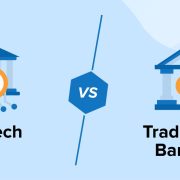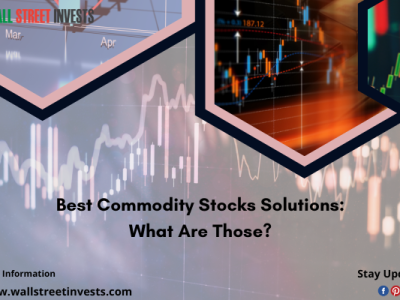The forex market has big rewards but also big risks, so it’s key to stay on top of things. For brokerage firms, being ahead of the competition is crucial. A major player in a trader’s experience is the trading platform—it needs to be strong, user-friendly and tech-savvy since it’s the gateway to financial markets. So, as a brokerage firm, it’s crucial to ensure you are offering the best trading platforms for traders.
In this article, we will dive into why it is essentail to analyse what other brokerages are offering in terms of forex trading platforms.
Understanding the Trading Landscape:
Before diving into the importance of researching competitor trading platforms, it’s essential to grasp the dynamics of the trading landscape. The financial markets are highly competitive, with traders seeking platforms that not only facilitate seamless transactions, but also provide advanced tools for analysis and decision-making. Trading platforms serve as the interface between traders and the markets, making them a critical factor in the success of a brokerage.
The Role of Trading Platforms:
Trading platforms are the technological backbone of online trading. They enable traders to execute orders, analyse market data, and manage their portfolios. A well-designed and efficient trading platform can enhance the overall trading experience, contributing to customer satisfaction and loyalty. On the contrary, a subpar platform can lead to frustration, missed opportunities, and potential loss of clients.
Importance of Due Diligence:
Due diligence, in the context of researching competitor trading platforms, involves a comprehensive assessment of the features, functionalities, and user experiences offered by rival brokerages. This process is not just about keeping up with the competition; it’s a strategic initiative to identify gaps in service and opportunities for improvement.
Identifying Competitive Advantages:
By closely examining the trading platforms of competitors, brokerages can pinpoint distinctive features and functionalities that differentiate them. This awareness empowers firms to improve their own platforms or devise marketing strategies that accentuate their competitive strengths.
Meeting Customer Expectations:
Traders have specific expectations when it comes to trading platforms. Some prefer intuitive interfaces, while others prioritise advanced charting tools. By understanding what competitors offer, brokerages can align their platforms with customer expectations, ensuring a more satisfying trading experience.
Technology Integration:
The fintech landscape is dynamic, with constant advancements in technology. Researching competitor platforms allows brokerages to stay informed about the latest technological trends and integrate relevant features into their own systems. This not only keeps them competitive, but also positions them as industry leaders.
Risk Mitigation:
Understanding the strengths and weaknesses of competitor platforms is a form of risk management. It allows brokerages to proactively address potential issues before they impact traders. For example, if a competitor experiences technical glitches, a brokerage can ensure its platform is robust and reliable.
The Conclusion:
In the fiercely competitive realm of online trading, due diligence regarding competitor trading platforms is not just a best practice; it’s a strategic imperative. By understanding what rival brokerages offer, a brokerage can refine its own platform, meet customer expectations, integrate cutting-edge technology, and ultimately position itself for success in the dynamic world of online trading.
As technology continues to reshape the financial landscape, staying informed about competitor platforms is a continuous process that ensures a brokerage remains relevant, resilient, and responsive to the evolving needs of traders.










Comments